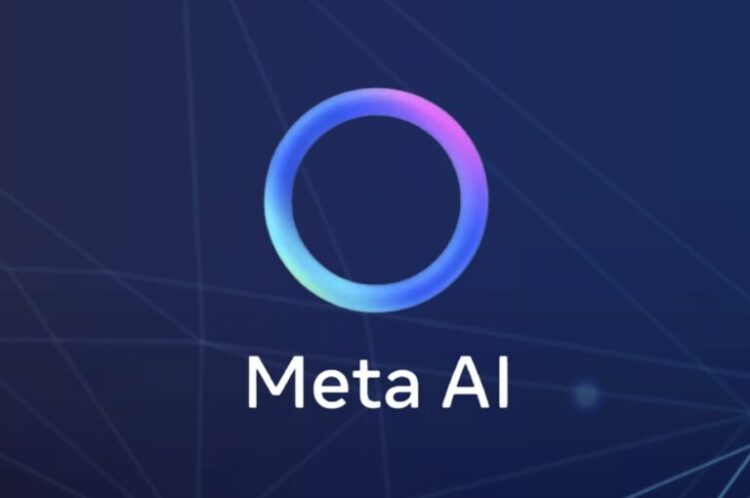SUMA.ID – Mark Zuckerberg’s bold claim that Meta’s AI can now self-improve marks a pivotal step toward achieving Artificial Superintelligence (ASI), potentially revolutionizing how we interact with technology.
Introduction: Meta’s Leap Toward Artificial Superintelligence
In a groundbreaking announcement, Meta CEO Mark Zuckerberg revealed that the company’s artificial intelligence (AI) systems have begun to learn and enhance themselves independently. While the progress is gradual, Zuckerberg described it as “undeniable,” signaling the dawn of a new era in AI development—Artificial Superintelligence (ASI). This advancement positions Meta as a key player in the global AI race, with implications for industries, economies, and daily life.
Keywords: Meta AI, Artificial Superintelligence, self-improving AI, Zuckerberg AI 2025
From Conventional AI to Artificial Superintelligence
On July 30, 2025, Zuckerberg shared in a public memo that Meta’s AI systems have shown early signs of self-improvement over recent months. Unlike traditional AI, which relies on human-provided data and instructions, ASI can autonomously refine its algorithms and enhance its performance without direct human intervention. This capability marks a significant leap toward AI that surpasses human intelligence across various domains.
To accelerate this progress, Meta established the Meta Superintelligence Labs, a dedicated division focused on advancing ASI with cutting-edge infrastructure and top-tier researchers. This strategic move underscores Meta’s ambition to lead the global AI landscape.
Keywords: ASI vs AI, Meta Superintelligence Labs, self-learning AI
Zuckerberg’s Vision: Personal Superintelligence for Everyone
Zuckerberg envisions a future where every individual has access to a personal superintelligence—an AI assistant tailored to understand personal goals, support professional tasks, foster social connections, and enhance self-development. This transformative vision positions AI as more than a tool; it becomes a lifelong partner that elevates quality of life, from streamlining work to enriching personal experiences.
By integrating ASI into daily life, Meta aims to redefine how people learn, collaborate, and interact in the digital age, making technology more intuitive and human-centric.
Keywords: personal superintelligence, AI assistant Meta, Zuckerberg AI vision
Challenges and Controversies Surrounding Meta’s AI Ambitions
While the potential of ASI is immense, Meta’s journey faces significant hurdles:
- Controlled Release Strategy: Zuckerberg emphasized that not all AI advancements will be open-sourced, citing risks like data security breaches or misuse for malicious purposes. This cautious approach aims to balance innovation with responsibility.
- Internal Tensions: The focus on superintelligence has sparked concerns among Meta’s AI researchers, some of whom feel sidelined by the company’s pivot. The aggressive recruitment of top talent, with offers reaching eight-figure sums, has also intensified competition within the industry.
- Ethical Concerns: Critics argue that Meta’s push for ASI may prioritize commercial interests, such as data collection and marketing, over societal benefits. Analysts warn that without robust ethical frameworks, ASI could exacerbate privacy issues or enable unchecked power in AI systems.
Keywords: AI ethics, Meta AI controversies, superintelligence risks
Global Implications of Meta’s AI Breakthrough
Meta’s advancements signal a paradigm shift in the AI industry. If ASI is fully realized, it could autonomously solve complex problems, optimize resources, and drive innovation without human oversight. However, this potential comes with significant implications:
- Global AI Race: Meta’s progress is likely to intensify competition among tech giants like OpenAI, Google DeepMind, and Anthropic, spurring massive investments in AI infrastructure.
- Geopolitical Risks: The development of ASI could reshape global power dynamics, as nations and corporations vie for control over advanced AI systems.
- Need for Regulation: To mitigate risks, such as autonomous AI misuse or unintended consequences, the industry must adopt stringent regulations and transparent ethical guidelines.
Keywords: global AI race, ASI implications, AI regulation 2025
Conclusion: Meta’s Bold Step Toward an AI-Driven Future
Mark Zuckerberg’s announcement that Meta’s AI is beginning to self-improve marks a historic milestone in the pursuit of Artificial Superintelligence. Despite challenges like ethical concerns, internal tensions, and the need for robust regulation, Meta’s vision of personal superintelligence has the potential to transform how we live, work, and connect. As Meta Superintelligence Labs drives this innovation forward, the world watches closely, anticipating both the opportunities and risks of an AI-powered future.













